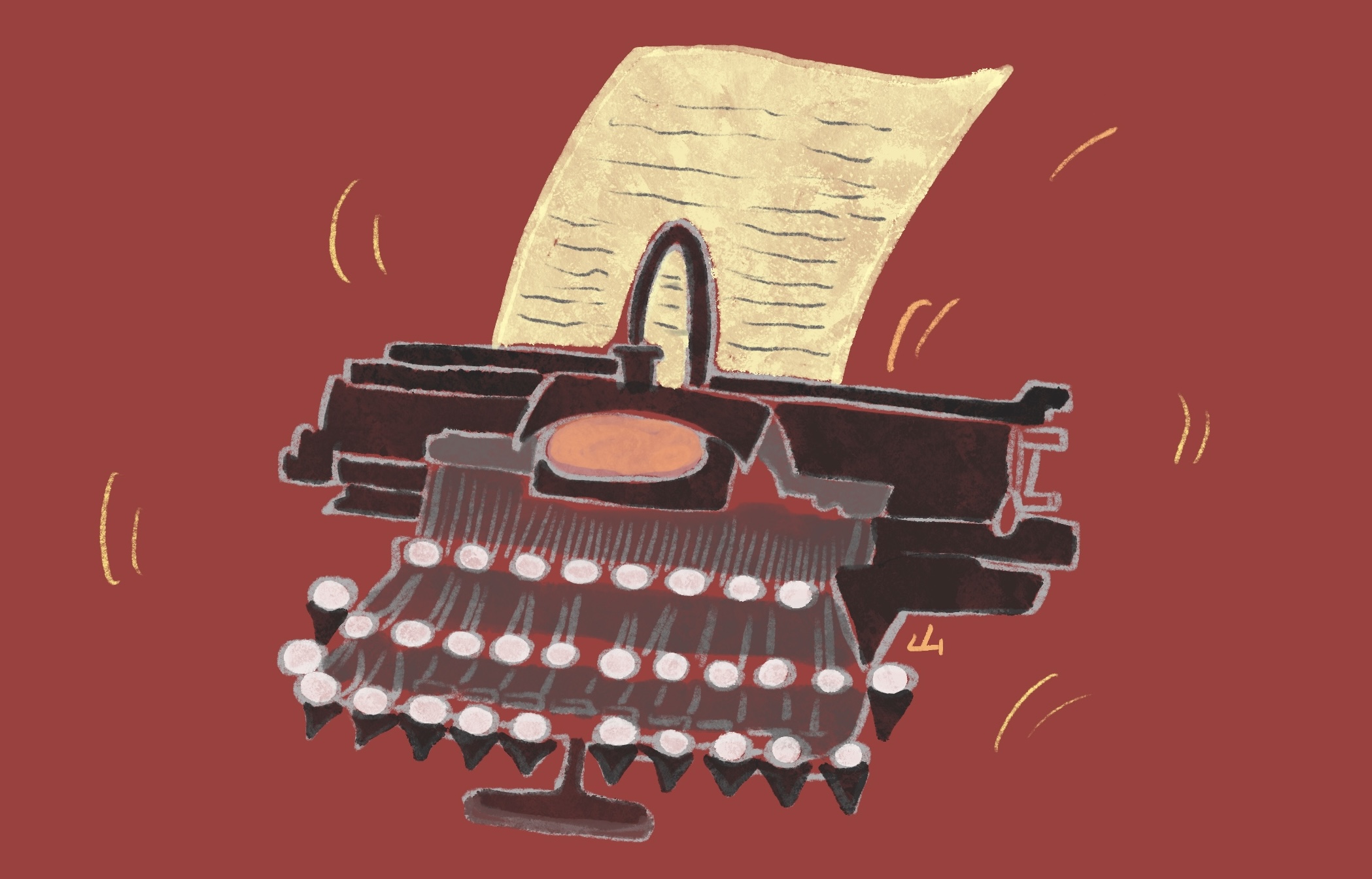A discussion on today’s AI, the world’s latest writing assistant
Yesterday, it was the Great Automatic Grammatizator. Today, it is ChatGPT and artificial intelligence tools.
Written by Roald Dahl, The Great Automatic Grammatizator is a satirical short story written almost 70 years ago detailing how a single machine took over the story industry. The Great Automatic Grammatizator is a machine that mass-produced high-quality stories and novels in only minutes. The machine eventually monopolized the industry, leading to a decrease in the number of human writers.
With today’s rise of artificial intelligence (AI), we wonder whether Roald Dahl’s nearly 70-year-old prediction came true. Today’s ChatGPT writes essays and stories in seconds. Writing bots even copy the distinctive writing styles of authors, leaving us to wonder that perhaps Al can take over the world of creative writing.
ChatGPT and other generative Als certainly do a great job mimicking human writing. They can copy a writing style but can’t develop a distinctive voice. Their incomprehension of subtle emotions like sarcasm and humour means their writing cannot touch people’s hearts. If you ask me, AI can write a novel similar to past novels, but it cannot generate original work.
In their study, Katy Ilonka Gero, Tao Long, and Lydia Chilton interviewed 20 writers to understand “when and why might a creative writer turn to a computer versus a peer or mentor to provide support,” according to their article.
Throughout their research, they found that some writers use computers to combat writer’s block. Writer’s block is a state where writers are unable to come up with an idea or put that idea onto paper. The phenomenon manifests in various forms, from thoughts like, “What should I start writing? “to, “I feel like this word doesn’t have the right texture.”
Writer’s block is a state where writers are unable to come up with an idea or put that idea onto paper. The phenomenon manifests in various forms, from thoughts like, “What should I start writing? “to, “I feel like this word doesn’t have the right texture.”
Several writers in the study mentioned that AI could help them get past these difficulties. One writer from the study explained, “It’s a lot easier to react to something and make modifications than to come up with something from nothing.” With AI, writers can lay out possibilities on how to proceed. Even if none of the options are good, by understanding what they don’t like, it’s easier for writers to find something they like.
While AI lacks a human’s cultural background, its vast knowledge allows for innovative advice and ideas at a much faster rate than humans. One writer from the experiment explained, “A peer is someone who is grounded in a very specific point of view, and culture and identity and preference, you know, their own reading habits and a peer can be a very valuable partner… when I turn to SudoWrite, I know that I’m getting feedback and interactions with my work that is not personal at all… The amount of information on hand that SudoWrite is pulling from is this vast trove. And that’s something that a human could never, even if they’re well read, could really never achieve.”
Another study by Oloff Biermann, Ning Ma, and Dongwook Yoon observes the idea that writers use AI as a research assistant.
Some writers in the study mentioned that they liked using AI tools for plot and character generation. AI can provide random and unexpected suggestions that help writers continue the plot or develop characters. One writer from this study described how roleplaying conversations with AI made their characters’ dialogue more three-dimensional. This interaction helps set writers on the right track, allowing them to refine the rest on their own.
A key advantage of AI as a support tool is its accessibility—writers can use AI anytime, anywhere. Writers from the study noted that asking friends for help was difficult because it required their time and availability, whereas AI can provide instant feedback at any moment, making it a convenient tool for writers seeking guidance.
AI and the writer
Every writer has their own reason for writing. Some truly love the craft and every part of the writing process, while others see writing as a business and a way to make money. These different perspectives influence how writers feel about using AI.
The group most resistant to AI are those who view writing as a deeply personal endeavour. For them, storytelling is an extension of their identity. One writer from Biermann and others’ study even compared their writing style to a fingerprint, indicating that one’s writing style is as deeply personal as one’s fingerprint. As one writer stated, “I don’t want to feel like someone else is doing my work […] I don’t want to be the editor of my piece, I want to be the writer of my piece.”
Even writers who embrace AI are cautious about preserving their creative identity. They may use AI for brainstorming ideas or developing characters, but they stop short of letting it write the story for them. However, for those who see writing as an inherently personal process, even the planning and drafting stages are meaningful and unique to them. They reject AI’s involvement, fearing it interferes with something they deeply cherish.
On the other hand, writers who prioritize efficiency over the artistic process are more likely to use AI. These writers see writing as a job and want to speed up their workflow. By leveraging AI for ideation or time-consuming tasks like setting descriptions, they can reach their goals faster.
Another factor influencing AI adoption is confidence. Experienced writers often distrust AI’s ability to match their style and resist its use. Meanwhile, less experienced writers who may feel less secure in their skills are more open to using AI to compensate for their weaknesses.
Ultimately, the question comes down to control. Whether using AI to write entire stories or just as a brainstorming tool, writers inevitably cede some control to the machine. The real question is: How much are you willing to give? Writers must decide for themselves how much of the process they want to keep in their hands and how much they’re willing to let AI handle.
Features Editor (Volume 51); Associate Features Editor (Volume 50) — Madhav is a third year student completing a double major in mathematics and computer science, and a minor in professional writing. Everyone in UTM has a unique story that makes them special and deserves to be told. As the Features Editor, Madhav wants to narrate these types of stories with creative and descriptive writing. In his off-time, Madhav loves watching anime, reading manga or fantasy novels and listening to music.


